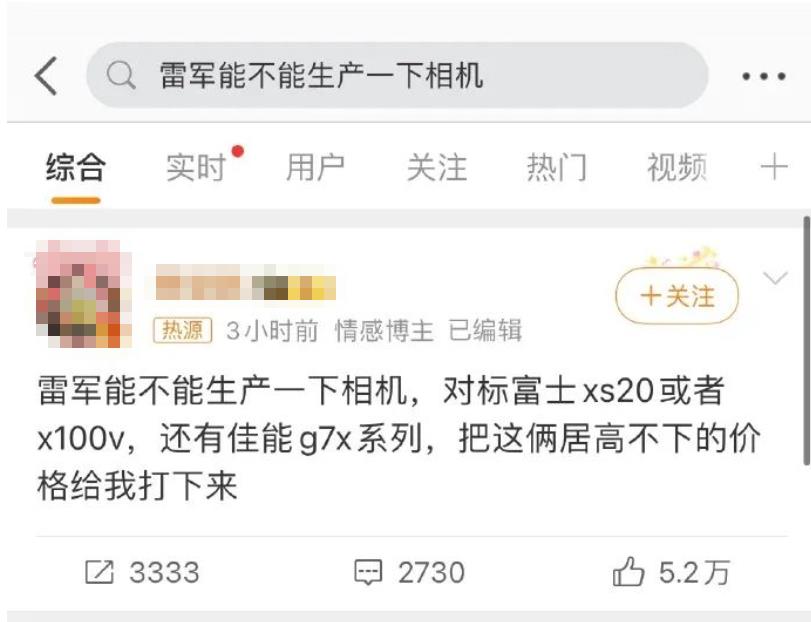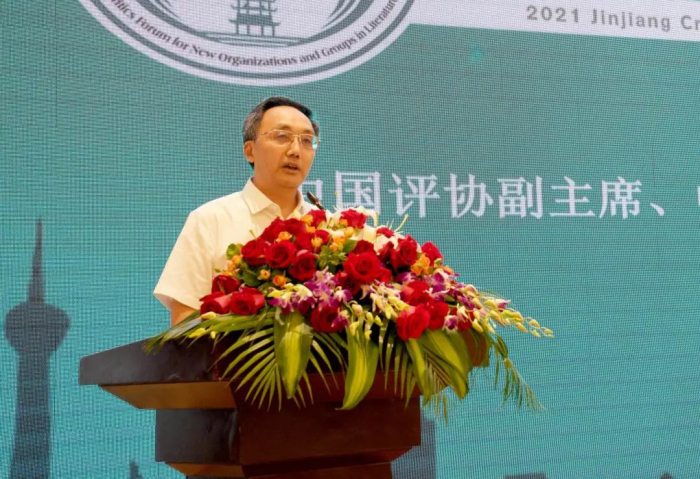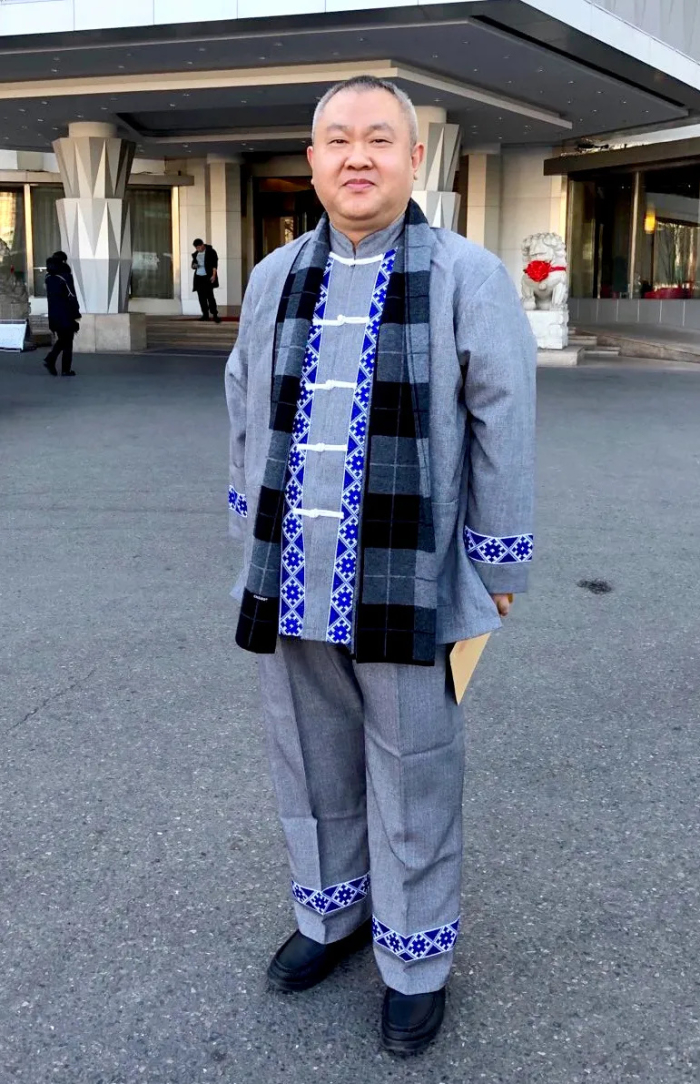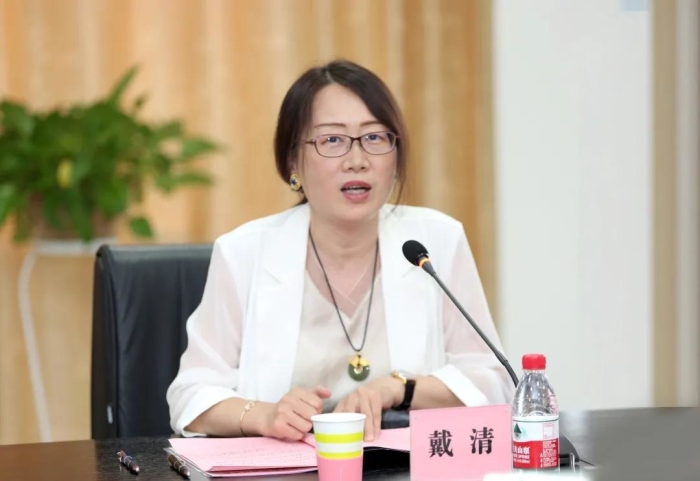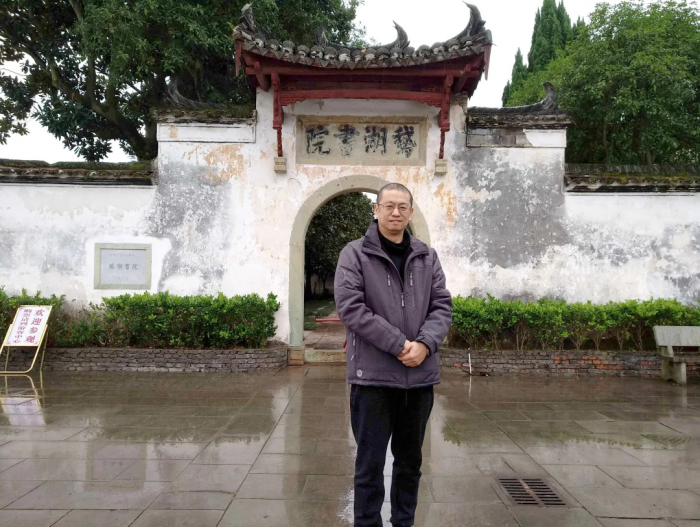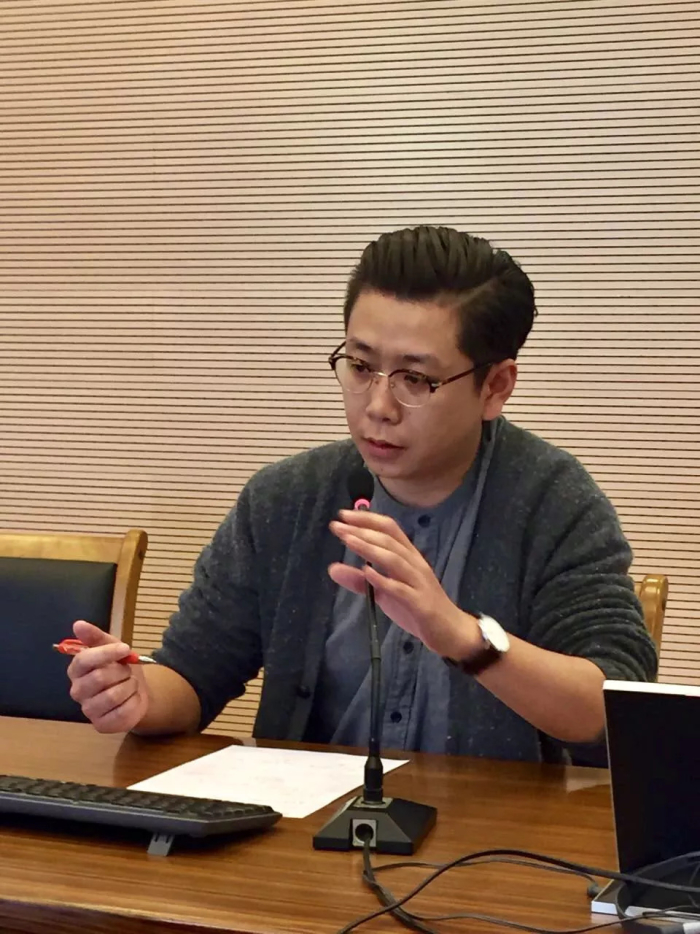[Background: Gaoming is the first college student soldier in Peking University since the founding of New China, and now he is the squad leader of a technical battalion of a brigade of the Second Artillery Corps. The advanced deeds of Gaoming Jiangong Barracks published by Xinhua News Agency’s "Domestic Dynamic Proof" have aroused strong repercussions among teachers and students of the alma mater. After the instructions from the head of the Central Military Commission and the relevant leaders of the State Council, the news media paid great attention to it.
In mid-July this year, editors and reporters from 23 news media, including People’s Daily, Xinhua News Agency, People’s Liberation Army Daily, Guangming Daily, china national radio, CCTV, China Youth Daily, People’s Daily, CCTV International, People’s Liberation Army Life Magazine, China Youth Magazine and Southern Weekend, went deep into Gaoming’s army and conducted an all-round interview on his actual performance after enlistment and the opinions of army leaders and comrades around him.
On the afternoon of July 14th, in an ancient town in a certain border area, the Second Artillery Corps organized a unique "brilliant press conference". Journalists of the news media had a dialogue with an ordinary soldier and made a thorough discussion on the "brilliant phenomenon". The atmosphere in the interview was very warm, the reporter’s questions were sharp and profound, the clever answers were simple and realistic, and sometimes there was a "confrontation" of ideas. Reporters reported that they had participated in many press conferences before, but it was unprecedented for a soldier to be a press spokesman. This special interview, exchange and discussion greatly deepened their understanding of Gao Ming and "Gao Ming phenomenon"! The following is a record of this conversation. 】
Moderator (Bi Yongjun, deputy director of the Propaganda Department of the Political Department of the Second Artillery Corps): Before Gao Ming answers a reporter’s question, I would like to talk about a little personal understanding for your reference. Because I have visited the army twice and visited Peking University four times to interview Gao Ming’s deeds, I know Gao Ming earlier and more relatively. We feel that Gao Ming is indeed a good student with ideals, ambitions and pursuits, a good soldier with high ideological awareness, good comprehensive quality and all-round Excellence, and a good young man who consciously practices the call of General Secretary Hu’s "Four Generations" with practical actions. His growth and progress vividly reflects the remarkable achievements of the party’s innovative theory in arming the younger generation, the fruitful achievements of the CPC Central Committee in strengthening ideological and political education for college students, the mainstream tendency of contemporary youth to conform to the trend of the times and actively pursue progress, and shows that today’s army is still a trustworthy melting pot and a big school. Gaoming is an outstanding representative of military soldiers in the new period, and also an outstanding representative of contemporary youth, especially college students. His advanced deeds have a strong appeal and guidance for guiding the vast number of young people and students to establish a correct world outlook, outlook on life and values.
As far as national defense and army building are concerned, brilliant deeds are also of typical significance. At present, the proportion of college students in the army has reached 67%, and it shows a rapid growth trend. With the reform of military service policy in China, their situation has attracted more and more attention from the society, especially the vast number of young people and students. It can be said that the emergence of brilliant has constituted a unique military camp and social phenomenon-"brilliant phenomenon". Interpreting this "phenomenon" is of great practical significance to how the post-80s youth consciously exercise and grow up in a difficult environment, how to enhance the national defense concept of the whole people, how to attract educated youth to join the army building, how to win the youth and win the future, and thus ensure the long-term stability of the country and the prosperity of the nation.
First of all, please tell Gao Ming what he has gained in the army for more than a year, and then the reporter will ask questions.
Gao Ming: The first question, which has been asked the most since I signed up for the army, is that I can’t learn well. Why do you want to join the army? In fact, it’s very simple. I wanted to come, thought it was time to come, and I came when I had the opportunity. Why do you want to come? I think every boy has a military dream. After the policy of recruiting soldiers from full-time college students was introduced in 2005, everyone signed up very enthusiastically, which fully proved the universality of this "dream". So, why do you say you should come? I think the army is the pillar of a country’s prosperity. Learning from Shi Mingzhi, the Song Dynasty created a splendid culture, but it died because of the sluggish atmosphere. I have been to the "September 18th" War of Resistance against Japanese Aggression Memorial Hall in Shenyang, and I was deeply impressed by Chairman Mao’s sentence "Without the people’s army, there would be nothing for the people". In Huining, my classmates and I went to participate in social practice. At that time, in a restaurant, the hostess pointed at us and exclaimed, "Look, college students!" " I feel that behind this wonder is actually expectation. The ancients said: "different lives have a long way to go." For every college student, there is a sense of obligation and responsibility. The combination of these two kinds of consciousness and the dream of a soldier is the reason why everyone wants to be a soldier. I am one of the lucky "dreams".
The second question is my understanding of soldiers and my gains from the army. After more than one year’s training, I have been honed from a school student to a PLA soldier, and from a local youth to a people’s soldier. There is a military message that says, when I was a child, I admired soldiers the most, because they were mighty; When I grow up, I admire soldiers most, because I am selfless; I joined the army and understood the soldiers best because of dedication. Personally, I have no merit, but I have done my job, that is, I have done my duty. From the comrades around me, I saw and felt the temperament of the soldiers. Their deeds often bring tears to my eyes. Of course, the cause of soldiers is great, but the work of each soldier is concrete, even trivial, and it may be day after day. But it is in these ordinary, trivial, trivial and even repetitive jobs that every soldier undertakes his own responsibility for national defense and makes selfless and regretless contributions. I will never forget Lu Shaohua, the squad leader of my new recruits company. He has a very good physical fitness. He won the first place in the five-kilometer long-distance race for three years in a row. He is very strict with me and his criticism is very severe, but he covers the recruits every night. On my first day in the army, when I learned that I was a student of Peking University, I also reported that I was afraid that I would not be able to take it with me, and I would be "retired" back. Later, I saw that my work was ok, and my understanding of obedience seemed to be better than that of other soldiers. I quickly recognized it and recommended me as the vice squad leader within a few days. Our battalion commander is Dong Hui, who is an "excellent commanding officer of the whole army". Comrades privately said he was Dong Hui Dong Hui,Know everything and know everything. He is a professional soldier whom I admire very much. I have never seen his eyes blurred or his spirits depressed. There is a squad leader named Peng Qingfang in the launch camp. He donates blood all the year round in the resident, and has helped many out-of-school children in obscurity. Last year, he was nominated as "Top Ten Outstanding Young People" by the resident. A second-phase petty officer in the car company was an orphan, but when he learned that a child in the station was out of school, he paid 30 thousand yuan to buy him education insurance. He said that he met many good people and wanted to be a good person himself. In the army, there are actually many soldiers like him. Although he has a low salary and a meager salary, he has no vigorous deeds, but he has a kind and even noble heart, which adds luster to the soldiers. I am often infected and moved by these people and things around me. In the past two years since I joined the army, under the training and education of organizations at all levels, I feel that I have changed greatly compared with before I joined the army. First, the collective consciousness has been enhanced. In the past two years in the military camp, I have learned another truth, that is, without the organization and the collective, the word "self" is impossible to talk about, especially for the missile force, and there is no lonely hero. If there is no organization and cooperation between comrades-in-arms, let alone combat effectiveness, even tents can’t be set up, and basic life can’t be guaranteed. Second, perseverance is tenacious. I don’t think it needs too much explanation. Third, the friendship between comrades-in-arms has deepened. In addition to family ties, the deepest friendship is the friendship of comrades-in-arms, and the brotherly friendship is the most profound interpretation. Although we didn’t risk our lives together,But we are groping together, splashing our youth and sweat together. I also saw the critical moment, and my comrades gave their lives to save each other. Looking back on this course, my growth really benefited from the training of organizations at all levels and the care of the heads, otherwise, the individual would accomplish nothing. There are more and more college soldiers joining the army now. In our brigade and our base, there are many soldiers like me who are older than my soldiers and have made great contributions. After the training of the army, everyone is playing an increasingly important role in their respective posts. I am one of the ordinary people. In some ways, I’m even worse than them. Therefore, I feel that I am just a medium, a representative, and today I only convey the understanding of a soldier.
Gong Linmeng, editor of Xinhuanet Military Channel: You are a squad leader at Peking University and now you are a squad leader. What do you think is the difference between being a squad leader at Peking University and being a squad leader in a military camp?
Gao Ming: I feel that being a monitor at Peking University is to provide services, summarize the opinions of my classmates and provide a stage for everyone to play a role. The squad leader of the army must first carry out the intention of the superior, bring a good class and bring out the fighting capacity. Lead the whole class to complete various tasks assigned by superiors. There are different ways of taking classes and thinking modes, and the most important thing is different goals.
Gong Linmeng: Did you encounter any thorny and difficult problems when you were a squad leader in the army?
Gao Ming: It doesn’t seem to be quite tricky. But I have encountered the same problems as other monitor. For example, when I first became a monitor, all the students in the class were soldiers of the same year, and everyone was a little unconvinced. This is the same as being a monitor at a local level. Prestige is established by ourselves, especially in the army, and we should show our excellent military quality and the accomplishment of convincing everyone.
Cao Hongyan, chief reporter of the Military Department of Economic Daily: The material said that the army that initially asked you to go to Tianjin, how did you choose to come to the Second Artillery? What is the basis for the choice?
Gao Ming: Leadership is still about what I mean. At that time, the comrades in charge of dividing troops said that Tianjin was relatively close and the information was relatively smooth, which was beneficial to learning. But I think, since you are a soldier, you should be a soldier wholeheartedly, and you can put your study aside for a while. At that time, there were two considerations. One was to go to a farther place. In addition, the Second Artillery Corps was a high-tech force and had a natural sense of closeness. At that time, I didn’t know much about the important position and role of the Second Artillery Corps, but I studied international relations. We often talked about deterrence theory and peaceful rise (now called peaceful development), all of which required deterrence. It was only after I arrived in the army that I realized that the most important strategic deterrent of our country was the strategic missile force, and this position and role might become more and more important. This is a basic judgment.
Cao Hongyan: Seeing a lot of things you wrote, I feel that the traditional culture of China has greatly influenced you. What do you think is your ideal in life?
Gao Ming: First, you should live a meaningful life. To paraphrase: When you look back, you won’t be ashamed of being mediocre. Second, be a useful person and do your job well.
Li Zhengping, director of the Military Department of Economic Daily: Have you ever thought about becoming a professional soldier?
Gao Ming: I’m still considering it. I’m going to do my job well now and finish my studies when I get back, so I’ll think about it. There are still two years before I graduate, so it is not so easy to make a lifelong decision.
Wu Tianmin, head of the Science and Technology Group of the Military Department of the People’s Liberation Army Daily: I want to check some things, that is, I have seen many allusions in your article, and I am very familiar with Li Sao and The Analects of Confucius, so I want to ask you which sentence in The Analects of Confucius you like best? Which one do you like best?
Gao Ming: In The Analects of Confucius, "Don’t do to others what you don’t want others to do to you", "If you want to establish yourself, you will establish yourself, and if you want to achieve it, you will achieve it" and "I don’t know my life, I don’t think I am a gentleman". "Li Sao", "I am also good at my heart. Although I died nine times, I still have no regrets."
Yuan Jianda, Deputy Director of the Domestic Political Department of People’s Daily: There are so many reporters coming to interview you today, and the leaders of the Second Artillery Corps also attach great importance to you. You are a very young student and soldier now, and the road ahead is very long. Through this interview, you will probably become a national celebrity one day. If that happens, how will you face life, work and these people and things?
Gao Ming: Four words, as always. Keep a normal heart, on the one hand, you can’t be proud, on the other hand, you can’t give yourself too much pressure.
Zhang Chunming, editor of China Education News Center: When did you first establish your prestige? In what way?
Gao Ming: This is a process of gradual change. The squad leader exercises power on behalf of the first-level organization. Even if he is not convinced for a while, the order must be carried out. Later, people gradually agreed with you and followed you in their hearts.
Zhang Chunming: What was your proudest thing in the military camp?
Gao Ming: I once participated in a physical competition with a company of other battalions. On behalf of us, I won the first place in 5 kilometers in a row and won a bottle of coke (laughter).
Tian Shijia, a reporter from CCTV International Website: You want to make some contributions to the army. Why do you choose this way instead of joining the army as an officer after graduating from college?
Gao Ming: It is a career choice for an officer to come in, and it is very different to perform military service. I have such an opportunity now and don’t want to wait until later.
Tian Shijia: From the materials, you were criticized for "waiting" and oversleeping. For you, in the face of such a big gap, don’t you have the idea of backing out once?
Gao Ming: No, I won’t make the same mistake twice. Wait only once, and overslept only once.
Liu Haimei, deputy director of the news department of People’s Daily Online: After you joined the army, did you have any major ideological fluctuations, touches and emotional changes?
Gao Ming: Not in a big way. The management style of the troops has been expected and can be adapted. What we do is all concrete work.
Liu Haimei: Why didn’t you take the military school when you were in college? Not "seeking benevolence"? Do you want to be a short-term "guest" when you join the army now, or do you want to make long-term plans?
Gao Ming: Having a dream does not mean that you must be a professional soldier. Officers are a career choice, and conscripts do their duty.
Yu Guoying, military director of Guangming Daily: You are now pushed to a position where college students serve the country from the army, but do you know that you have this responsibility by being a model? For example, others have been professional soldiers all their lives because of your influence, and they feel cheated by you, saying that they have been influenced by you to become soldiers, but you have gone to earn a lot of money. Don’t you think that you will owe others something?
Gao Ming: I think this is "seeking benevolence and getting benevolence". You should figure out what you want. For example, I came to the army for military service, and I am satisfied to have a history of being a soldier in my life. If I became a businessman for money, and then made a lot of money, it is also "benevolence" and I should not regret it.
Yu Guoying: After more than a year’s practice, what do you think the army needs to change most if it is to attract millions of college students to join the army?
Gao Ming: The troops that should be changed are gradually changing now. The internal environment of the military camp, the thinking of cultivating college students, the treatment of soldiers, etc., are all developing in a good direction. For example, the army is very civilized, the leaders are very enlightened and the material and cultural life is very rich, which is beyond my imagination before I came to the army.
Yu Guoying: You are now 22 years old and have been a soldier for more than a year. You have neither shed blood nor made meritorious deeds. But why promote you? Frankly speaking, army building needs such high-quality talents too much. Everyone is very happy that you have taken this step, but we are worried that we will "flash our backs" because of you. We enthusiastically publicized you, and the leaders enthusiastically trained you. In the end, you earned money. Will people say that you are brilliant? Took a shortcut. How do you explain it?
Gao Ming: No matter what happens, everyone will have ideas, but we should look on the bright side. Doing business not only creates wealth for society, but also contributes to society. I think heroes in the field of economic construction are also heroes. Yu Guoying: To be honest, I have often told my daughter about you recently. I said that Gao Ming worked as a soldier from Peking University to the Second Artillery Corps for two years. The Second Artillery Corps had a good environment. He did a good job. He became famous with gold plating. He didn’t take the military school exam and will retire to Peking University to continue his studies at the end of the year, but it is very likely that he will not return to the army after graduation. What do you think of this?
Gao Ming: I feel that you have passed on the idea that you haven’t changed to the next generation. Let me give you a suggestion. You tell your daughter that when she was in Gaoming University, she chose to join the army and did her duty for two years. After taking off her military uniform, she returned to Peking University with the experience of the army, or went into the society.
Zhang Xuanjie, president of the Second Artillery Branch of Xinhua News Agency, said: What influence did you have on their thoughts and behaviors during your association with Peking University students in the past year and a half?
Gao Ming: I feel that my classmates are beginning to pay attention to all kinds of information about the army, and pay more attention to what state it is to build an information-based army, what kind of thinking mode the soldiers in the army are, and what work the army is doing.
Dai Tianrong, director of the Pictorial Department of the People’s Liberation Army Daily: Do you think it is necessary for the growth of young people to interrupt their studies for two years and join the army, or to exercise in a difficult environment?
Gao Ming: Actually, they are complementary. Even if the improper professional soldier returns to the society, the training and exercise of the army will play an active role in the society, and the exercise he receives in the army will affect him all his life. From its own image, it can make up for some defects, such as ideals and beliefs, character, will, physique, and so on.
Yuan Jianda, deputy director of the domestic political department of People’s Daily: Do you have any good suggestions for our news unit to publicize? We want to hear it.
Gao Ming: Seeking truth from facts, there are three things to say and two things to say, but not three things to say and four things to say. Young people should be encouraged to have a positive and enterprising attitude.
Ma Changbo, reporter of Southern Weekend: I talked with your teacher at Peking University at noon. I heard that you were a person who liked to argue and convince others when you were in college. I wonder if you are still like this after you joined the army?
Gao Ming: I don’t like persuading people as much as I used to, because after all, the army has its own rules and style, and it still emphasizes obedience. I think obedience is a soldier’s bounden duty and doesn’t need too many reasons.
Ma Changbo: I am the "post-80 s" generation like you. I really want to know: 1. To what extent do you think you can influence your peers? 2, you like to mention "responsibility", and there are words such as "glory" and "dream". I wonder if you ever doubted your yearning and only regarded it as an impulse when you were young? 3. What people care about is not only what you can learn in the army, but also what changes you or the college soldiers you represent can bring to this army.
Gao Ming: As for the first point, I said that I am just an ordinary soldier, and I am very small. I really can’t say whether it will affect everyone or to what extent. Regarding the second point, the words "responsibility" I use are a true reflection of my heart, not on impulse, but on the contrary, I have never doubted or wavered in my ideals and choices. Regarding the third point, if the soldiers at the grass-roots level can have enough basic knowledge reserves, then the training time can be greatly reduced and the combat effectiveness can be greatly improved.
Ma Changbo: Now I think that when your former classmates graduate, they may call you and tell you where they are going to work. What do you think when you get the news? Will there be some ideological fluctuations?
Gao Ming: I expected this two years ago, and there will be gains and losses. When I went back to school, a classmate took my hand and said that when he graduated, his annual salary was 200 thousand to 300 thousand, but I only had a few thousand dollars a year. But since I chose to come to the army, I took this result into account. In addition, my work experience in the army in the past two years is very valuable. In my life, money can’t buy it.
Ma Changbo: Maybe you are the focus of everyone’s concern now. Many people regard you as a new star and look at you from a distance, but after watching it, they will watch it. Then everyone will disperse and be calm, or you will be completely forgotten in a few years. Do you think you will be lost?
Gao Ming: I feel that I have no reason to be remembered by everyone. I have a clear understanding of promoting me, just like someone mentioned how a student of Peking University is, which does not prove people’s evaluation of him now, but only expects that he may make efforts or make achievements that are impressive by everyone. If we see this clearly, then Peking University students have nothing to be proud of.
Ma Changbo: Ask a relatively easy question. Have you ever been in love? I think this is a sign to judge whether a person’s mind is mature or not.
Gao Ming: What is a relationship? Does it count to secretly like it? I like a girl very much in my heart, but I don’t know why I haven’t caught up with her for so long. (Applause) Liu Yuehui, deputy director of the Economic Department of China Women’s Daily: Love is an urgent thing. You should not only dare to bear it, but also enjoy it. When it comes, it will come. Take advantage of it! (Applause)
Gao Ming: Thank you!
Li Zhengping, director of the military department of Economic Daily: You said that you went to many places when you were in college. Where did the travel expenses come from?
Gao Ming: I earned it by working. In Beijing, it is relatively easy for Peking University students to earn money by working. We basically work on weekends and go out on holidays.
Sun Jie, editor of china national radio Military Propaganda Center: In your mind, what aspect do alumni pay most attention to you?
Gao Ming: My military uniform (laughter).
Xue Shunyao, editor-in-chief of Life of the People’s Liberation Army: What influence does your family background have on your personality and psychology?
Gao Ming: A peaceful mind. My family is poor, so I have to find a way to solve any difficulties myself. I am the eldest son and grandson, and I have been more independent since I was a child, which is one of the reasons why I talk about "responsibility" more.
Xue Shunyao: Does the gap between the rich and the poor have a great influence on college students? Is there discrimination against poor students in universities?
Gao Ming: I didn’t feel such a thing at Peking University. What everyone cares about is a person’s accomplishment, not his family background.
Xu Yanguo, Director of the Ideological and Political Department of the Department of Ideological and Political Affairs of the Ministry of Education: Only when college students know more about the national conditions, society and reality can they further clarify their life direction and goals, because they are also trained in these jobs. I think Gao Ming spoke very well just now. In fact, several issues like what he said are also the breakthrough points of this publicity. In the past, what we were most afraid of was artificially raising the standard. Often, the living model didn’t dare to publicize, and all the propaganda was sacrificial and very reliable (laughter). As a soldier, Gao Ming is not necessarily the most prominent student. The reason why he became our propaganda object is mainly because he is a college soldier. During these two years, he got exercise through living in a military camp, and at the same time he fulfilled his personal ideal dream, which is also the difference between him and ordinary college students. We publicize the "brilliant phenomenon", that is, to tell everyone that the army is a broad and promising stage, which can train people to make achievements. When college students enter the military camp, they bring vitality and vitality to the army, which greatly promotes the construction of the whole army, thus attracting more students who are interested in it to enter the military camp and contribute to national defense construction. On the other hand, the brilliant experience also brings some enlightenment and thoughts to all college students: how to plan their own lives and what kind of life path to take? Is it true that if I study hard for four years, I can naturally become a talent? How to combine one’s own personal pursuit, the improvement of one’s academic level with one’s own moral pursuit and the improvement of comprehensive quality,Improve and improve yourself in all directions? (The full text is compiled according to Gao Ming’s record of answering reporters’ questions)
Editor: Tian Shijia





